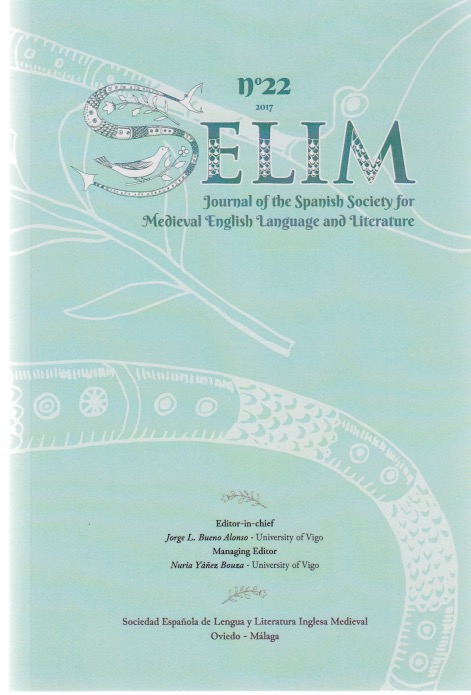Abstract
In this essay, I explore the fifteenth-century English morality play Mankind through a Wittgensteinian lens. The play’s remarkable emphasis on and play with language, the fact that the vices’ manipulation and degradation of grammar proves to be the hinge into Mankind’s soul, aligns with and is illuminated by ideas central to Ludwig Wittgenstein’s late philosophy of language. In particular, I apply his key ideas of language-games, nonsense, and forms of life to an analysis of how the play’s vices under the rule of the devil, Titivillus, mangle grammar and words in order to sever Mankind from his essential human nature. The central argument is that the vices distort language because it is constitutive of human nature. By drawing Mankind into the nonsense of their perverse, topsy-turvy language-games, the vices lure him from a human form of life to that of an inarticulate beast, lost and on the brink of damnation.
Keywords: Wittgenstein; language-game; form of life; human nature; nonsense; grammar




